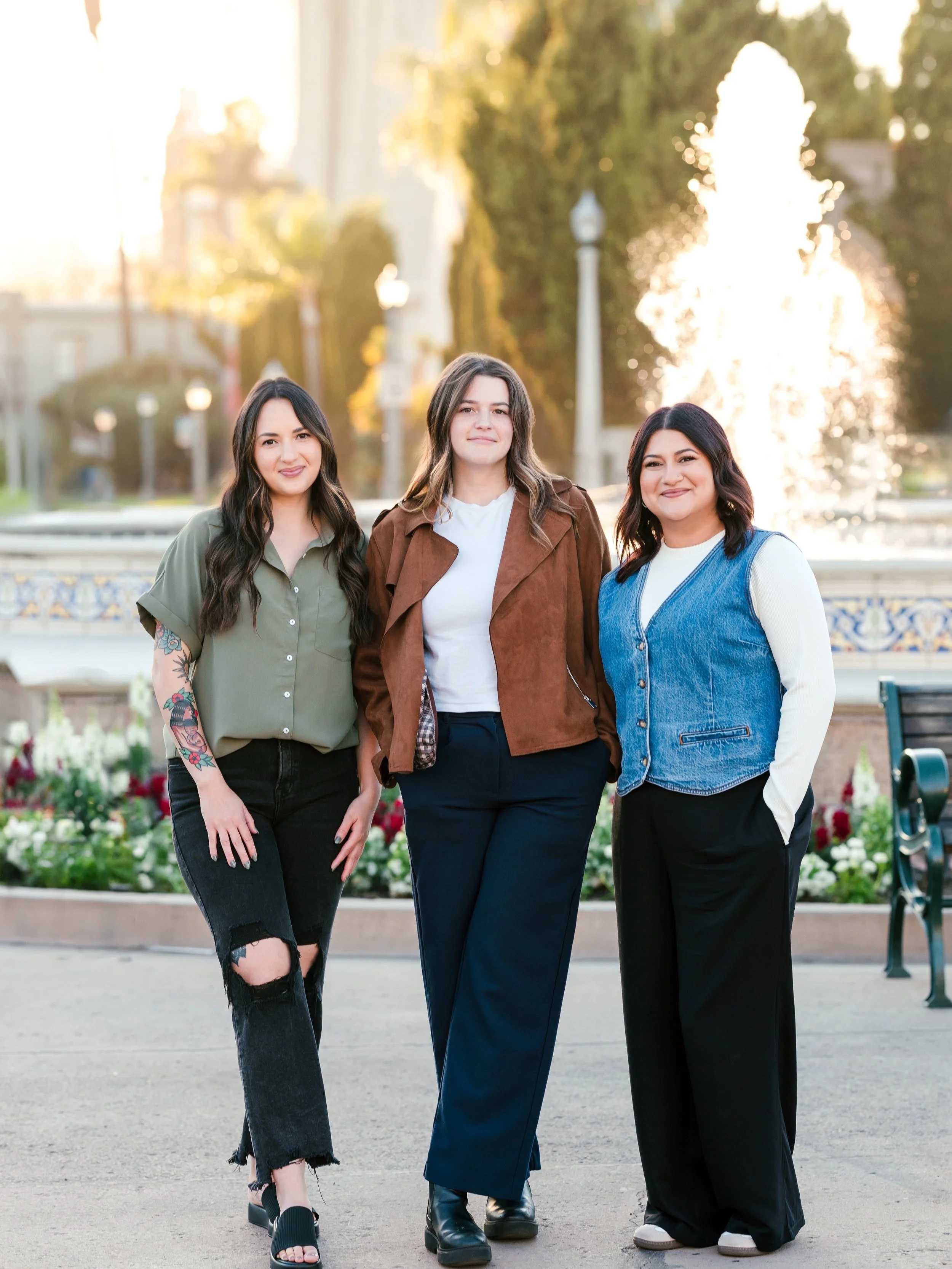Supporting a loved one in eating disorder recovery
Supporting a child, spouse, family member or friend going through Eating Disorder Recovery is no easy feat. Eating Disorders have a way of wreaking havoc on relationships. I often call them the ‘disorders of disconnection’ because for the person suffering they become all consuming. The sufferer has limited brain space left for other things like family, social activities and their usual hobbies. In fact, you might look at your loved one and feel like they have become a completely different person. The thing to remember here is that- it is not your loved ones fault. This illness quite literally changes people’s brains. The sufferer who chronically restricts, goes into ‘cave person’ brain- even if they end of bingeing later. This cycle keeps the person stuck in survival mode, highly anxious, alert, rigid and scanning for food. Their capacity for joy, laughter and social connection takes a back seat. Every time you try to intervene, you might feel as if you are being pushed away further.
So what can you do to support your loved one?
#1- Educate yourself on eating disorders.
There are so many myths about eating disorders that keep sufferers from getting the help and care they need. Despite Hollywood depictions, eating disorders are not glamorous, they are not about vanity and they don’t just happen to people in small bodies. They can happen at any age, to any gender, eating disorders do not discriminate. Rates of eating disorders are actually higher in trans communities and BIPOC communities. Check out our resource library for books, podcasts, articles and social media accounts that we recommend for anyone wanting to learn more.
#2- Understand that eating disorders are not a choice.
Eating disorders are biopsychosocial illnesses that have genetic, environmental and personality factors. It takes the ‘perfect’ storm of all three of these factors for an eating disorder to emerge. Environmental factors include experiences of extreme stress, trauma, going through a major life transition, living in diet culture, pressure to conform to body ideals, cultural assimilation, experiences of discrimination, etc. Personality factors include perfectionism, high anxiety and harm avoidance. Your loved one did not choose to have such a debilitating mental illness- please avoid treating them as if they have. Instead, offer compassion, support and treat it like any other illness.
#3- Role model a neutral relationship to food and your body.
It is extremely triggering for the person in recovery to be surrounded by diet/exercise/appearance obsessed people in their lives. Their eating disorder only gets reinforced by this when someone at home appears to be reinforcing disordered eating behaviors. Examine your own ideas around food morality and learn to adopt an all foods fit approach- if this is hard for you, it’s worth exploring your own relationship to food and seeking out the support of an eating disorder dietitian. This part may take time, but the sooner you start, the better for your loved one. In the meantime, commit to stopping the body talk! Even if you think it is positive “you look healthy!” or “don’t worry I won’t let you get fat.” Those comments are rooted in fatphobia and diet culture. You can’t tell someone’s health status by their size and fear mongering around fatness reinforces the fear your loved one already fears. Stop talking about your own body in a shaming way too. Help your loved one understand that their body is an instrument, not an ornament. Recommended readings: Fat Talk; Parenting in the Age of Diet Culture by Virginia Sole Smith, More Than a Body, You Have the Right to Remain Fat, Intuitive Eating and The Body is Not an Apology.
#4- Finally, one of the most helpful things you can do is help connect your loved one to support.
Eating disorders are best treated with a treatment team approach. This means, your loved one will benefit from finding an eating disorder therapist, dietician, support groups, doctor and/or psychiatrist. Look for providers who have training and experience treating eating disorders from a Health at Every Size Approach. Offer to take your loved ones to appointments, or sit in on their first support group with them. Hold space for all the difficult feelings that may emerge in this process and try not to internalize their reactions. This is not about you. This is about your loved one recovering from the second most deadly mental illness.
I realize that this process is extremely hard for family members. I often recommend parents of my clients to seek their own support through a therapist, parent coach for eating disorders, or support groups for family members. The MEDA and ANAD websites are great places to start finding these resources. Our practice can also support family members. Reach out today for a free 15 min consultation to see if this is something you might benefit from.
Huge thank you to all the parents reading this blog post - your loved one needs you and your support does not go unnoticed!
At Eating Disorder OCD Therapy, we offer compassionate, relational, and individualized care, rooted in the belief that healing is not one-size-fits-all. Honoring client autonomy, collaboration, and anti-oppressive, neurodivergent-affirming practices, we walk alongside you as the expert in your own life. We provide therapy for Eating Disorders, OCD, Body Image, Trauma, Maternal Mental Health, and offer Ketamine Assisted Psychotherapy (KAP), Group Therapy (globally), Recovery Coaching (globally), and Clinical Consultation and Supervision for clinicians. We are currently accepting new clients for in-person therapy in San Diego and virtual services in California, Washington, Utah, and Florida.


